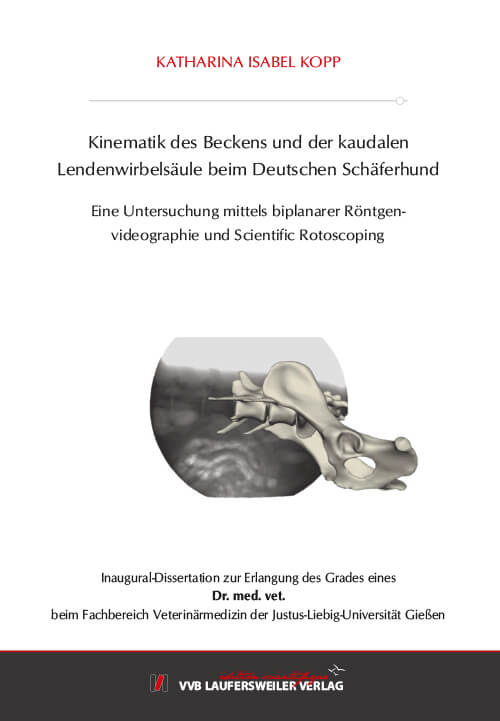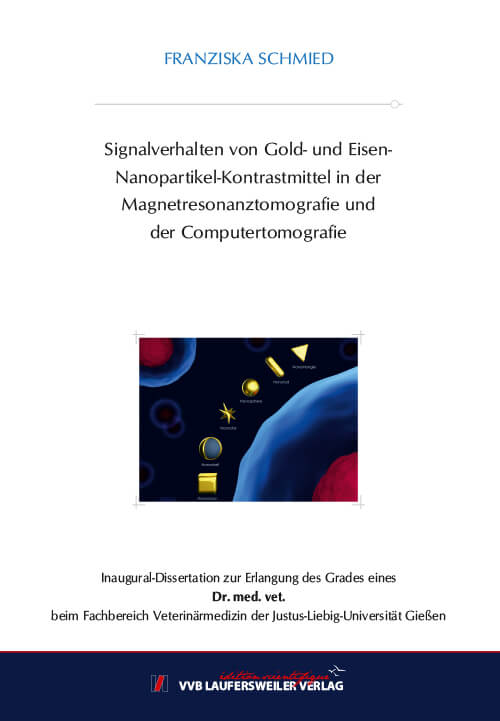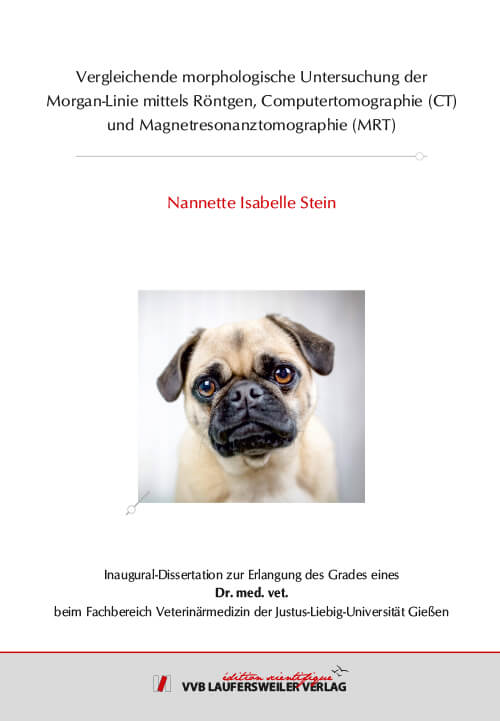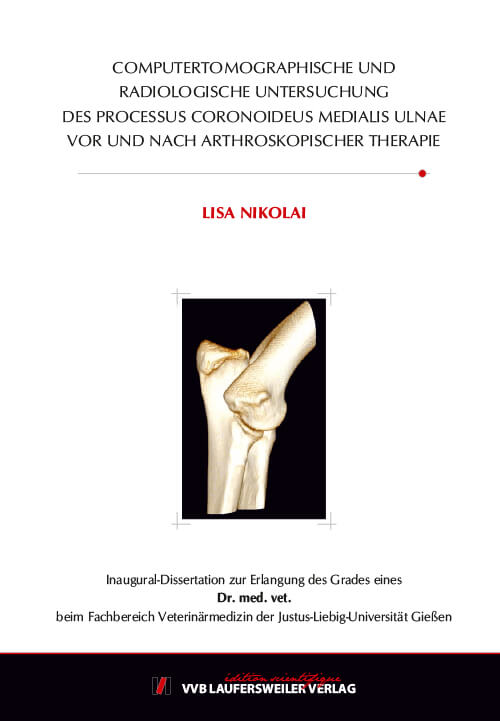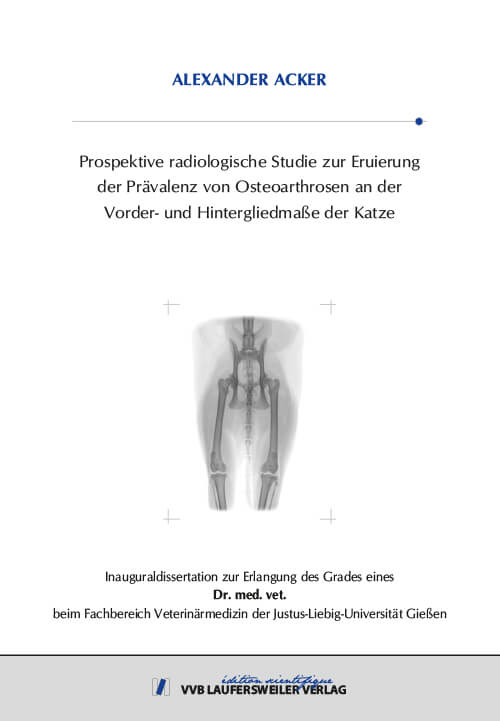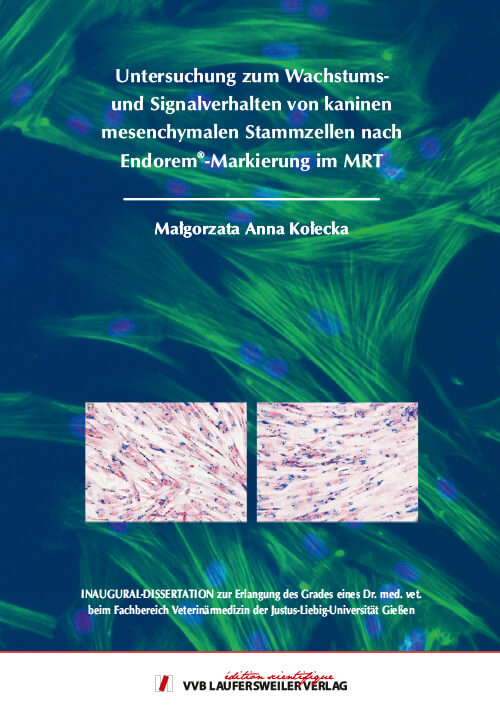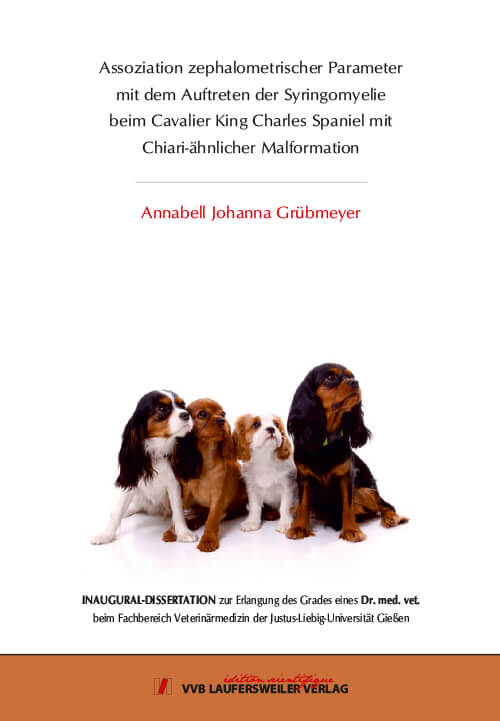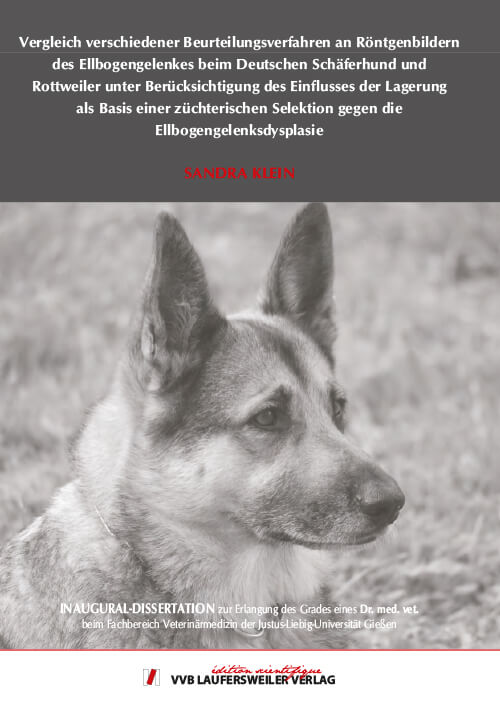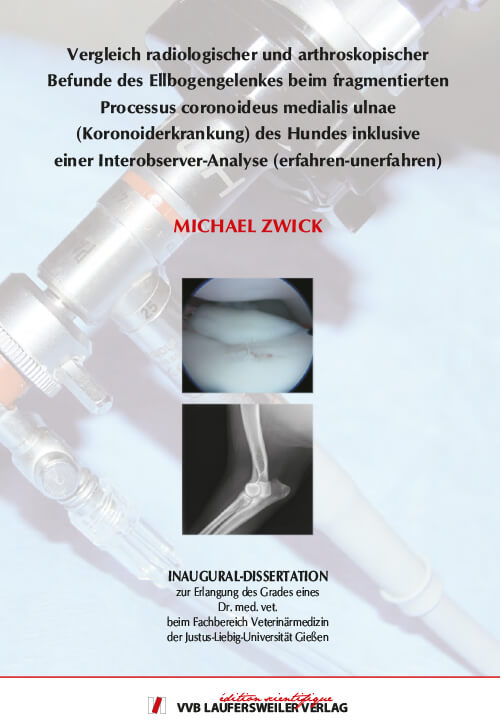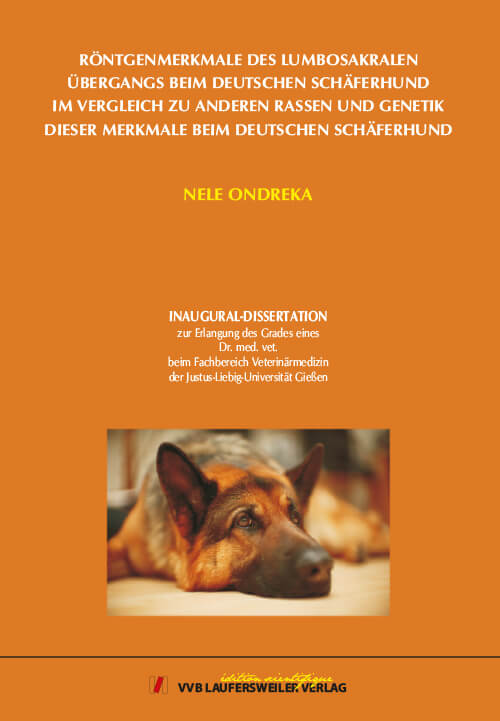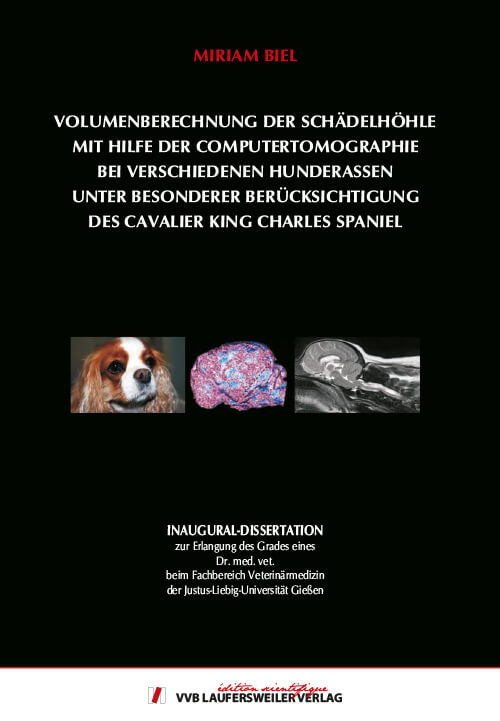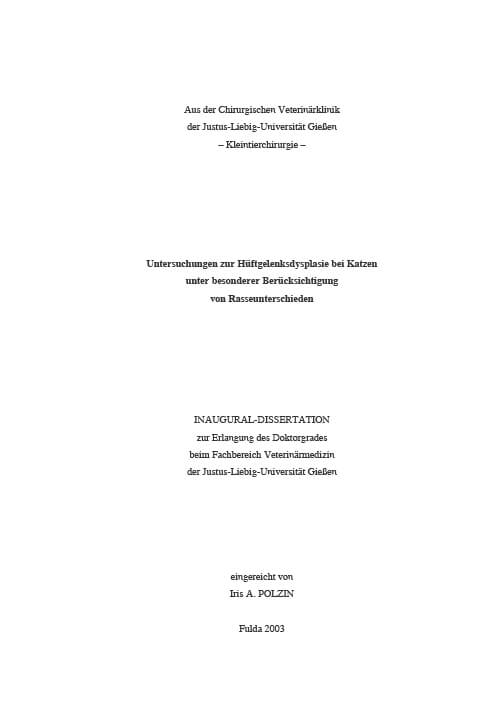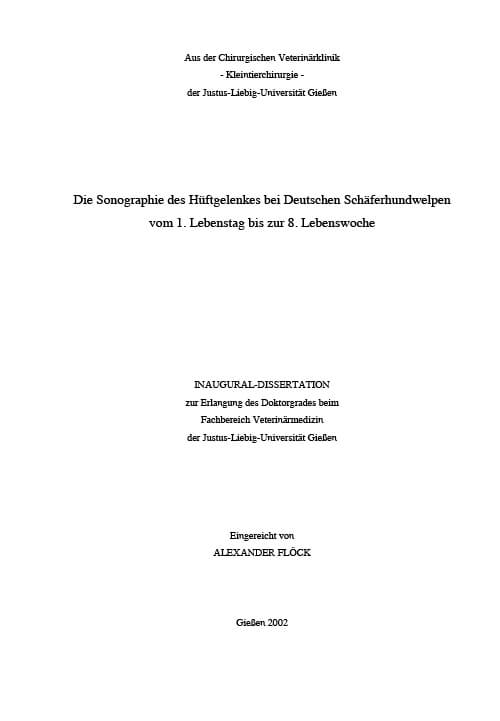Subject Area
The DZG is involved in many aspects of research pertaining to skeletal disorders. Our research is focused for a benefit ‘for the animal’ as opposed to undertaking research “on the animal” .
We are actively involved in current issues and developments in the academic area pertaining to skeletal dysplasia in animals by means of being part of various committees, such as the GRSK e.V. (Society for Radiological Diagnosis of Hereditary Skeletal Diseases e.V.) and the IEWG (International Elbow Working Group) or other breeding associations.
Our daily work with respect to the assessment of skeleton images enables us to contribute and drive the academic debate relating to best practices for diagnostic screening processes. Our findings in the clinical practice evolve into research projects which aim to address the questions raised. These projects are run under the supervision of a DZG member. And often leads to collaborations with other institutes and departments.
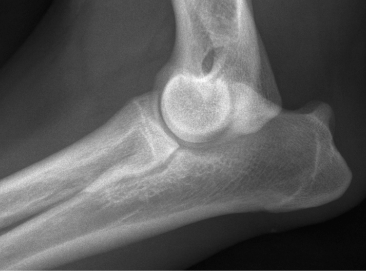
Research, Projects, Collaborations
The DZG also wants to contribute to research funding. We achieve this through the financial support for further projects or donations to the GKF (Society for the Promotion of Cynological Research e.V.).
Below you can find an overview of completed and current research collaborations.

Populationsgenetische Aufarbeitung der Vererbung unterschiedlicher Typen von lumbosakralen Übergangswirbeln beim Deutschen Schäferhund (GKF gefördertes Projekt)
Dennis Gluding

Kinematik des kraniozervikalen Übergangs beim Chihuahua – eine Untersuchung mittels biplanarer Röntgenvideographie und Scientific Rotoscoping
Nicola Kelleners

Raffaela Zweifel
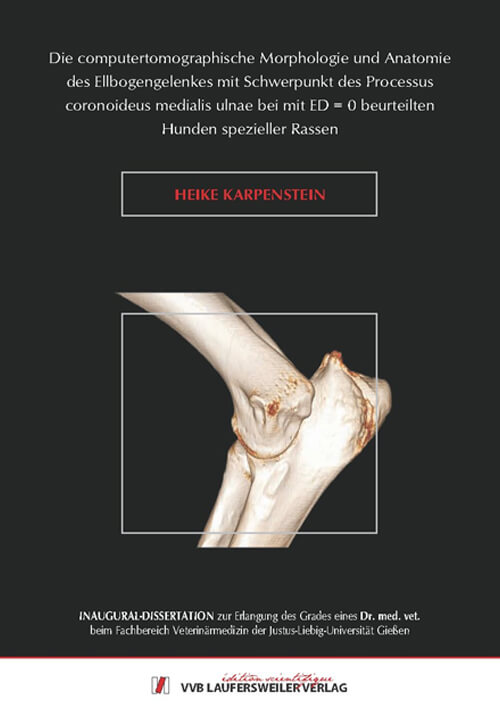
Die computertomographische Morphologie und Anatomie des Ellbogengelenkes mit Schwerpunkt des Processus coronoideus medialis ulnae bei mit ED = 0 beurteilten Hunden spezieller Rassen
Heike Karpenstein

Wertigkeit der Computertomographie und der Magnetresonanztomographie in der Diagnostik der Koronoiderkrankung am Ellbogengelenk des Hundes
Stephan Klumpp
Current ongoing Research Projects
Lisa Schikowski
Cranio-cervical transition in Cavalier King Charles Spaniels
This study is using biplanar x-ray video and scientific rotoscoping investigate the cranio-cervical transition observed in Caveliar King Charles Spaniels compared to that of Labradors.
Stephanie Michiels-Corsten
Diagnosis of vertebral malformation in brachycephalic dogs.
This is a study investigating the diagnostic accuracy of X-rays and computed tomography for the diagnosis of vertebral malformations in brachycephalic dogs.
Nena Ehrmann
Atlanto Occipital Overlapping Syndrome
This study is examining 3D morphology ?images? of the atlas, occiput and skull indices in Yorkshire Terrier and Chihuahua dogs with and without Atlanto Occipital Overlapping Syndrome.
Vanessa Ott
Genetic connection between lumbosacral transitional vertebrae and unilateral hip dysplasia in German Shepherd dogs
The connection between lumbosacral transitional vertebrae and unilateral hip dysplasia of German Shepherd dogs against a genetic population background.
Meike Fehrlage
Evaluation of CT positioning techniques for elbow evaluations
Evaluation of various positioning techniques for computed tomography scanning of the elbow for evaluation of processus coronoideus medialis ulnae in dogs.
Antonia Kalb
Minimum requirements for X-ray quality in the screening of elbow dysplasia
Julian Brand
Investigation of Contrast Media for Magnetic Resonance Imaging
Intramuscular injection and signal behaviour of gold and iron nanoparticle contrast media in magnetic resonance imaging.
Helen Düringer
Evaluation of the IEWG CT graduation scheme
Julia Eichelberger
Influence of experience and eye tracking in X-ray evaluations of elbow joint dysplasia in dogs
Lena Holbein
Comparison of histological examinations with computed tomography as imaging procedures in the diagnosis of elbow joint dysplasia
We Promote Research
The members of DZG deeply care about the promotion of academic projects. The members themselves have been actively committed to research for decades and know of the importance of financial project support. That is why, the DZG promotes diverse research projects for dogs via the financial support of the Gesellschaft für kynologische Forschung e.V (Society for Cynological Research e.V.)


